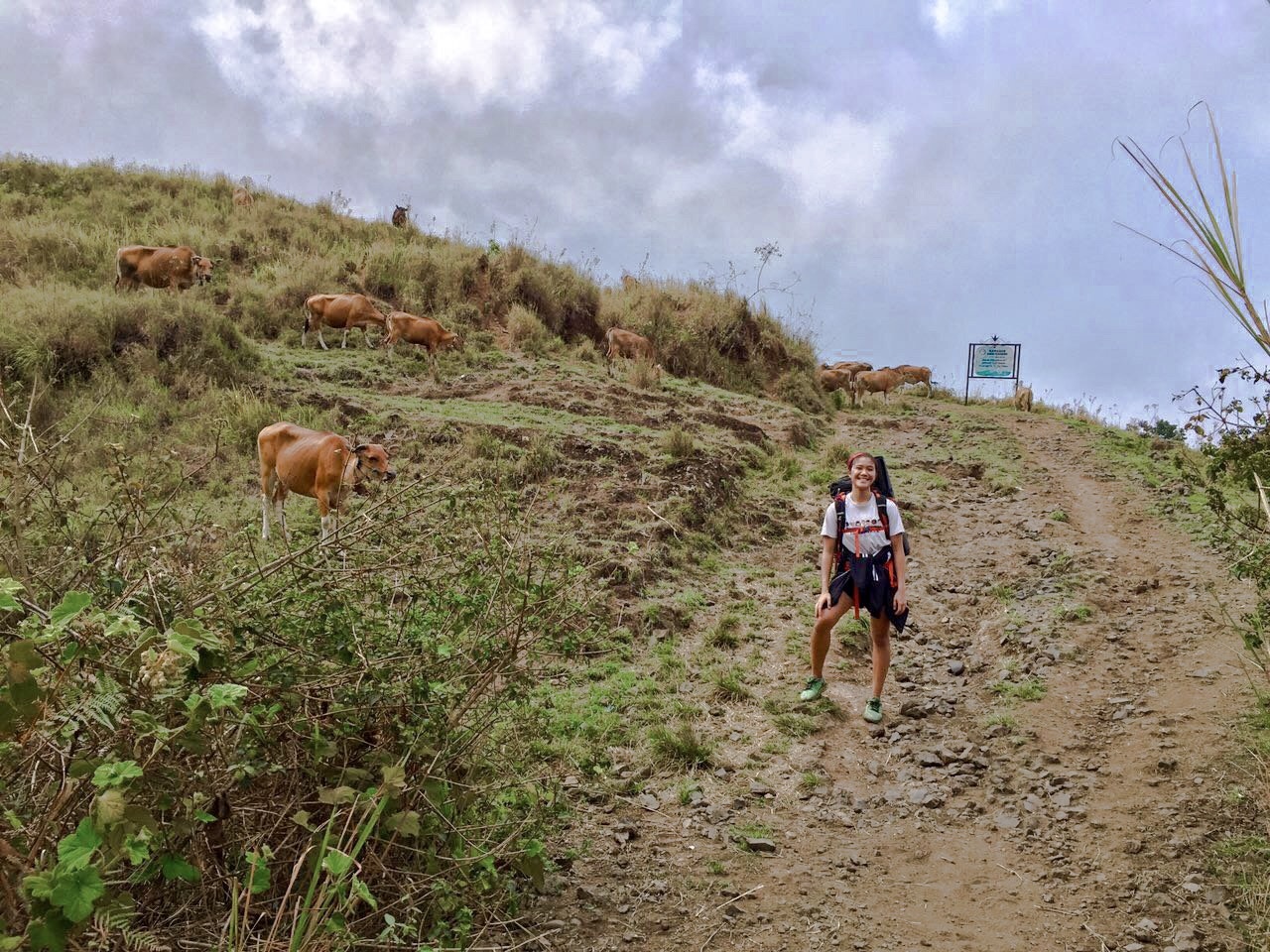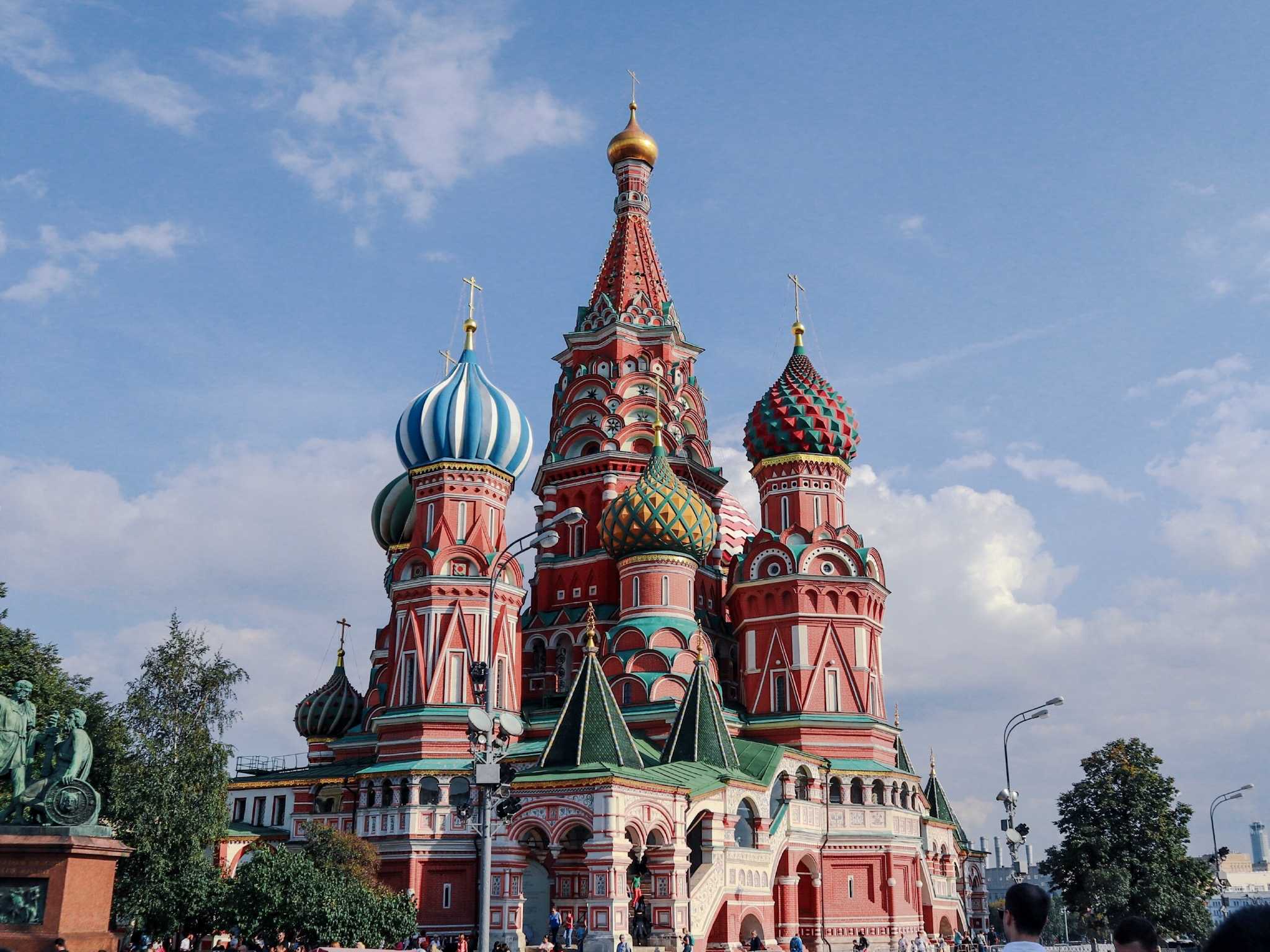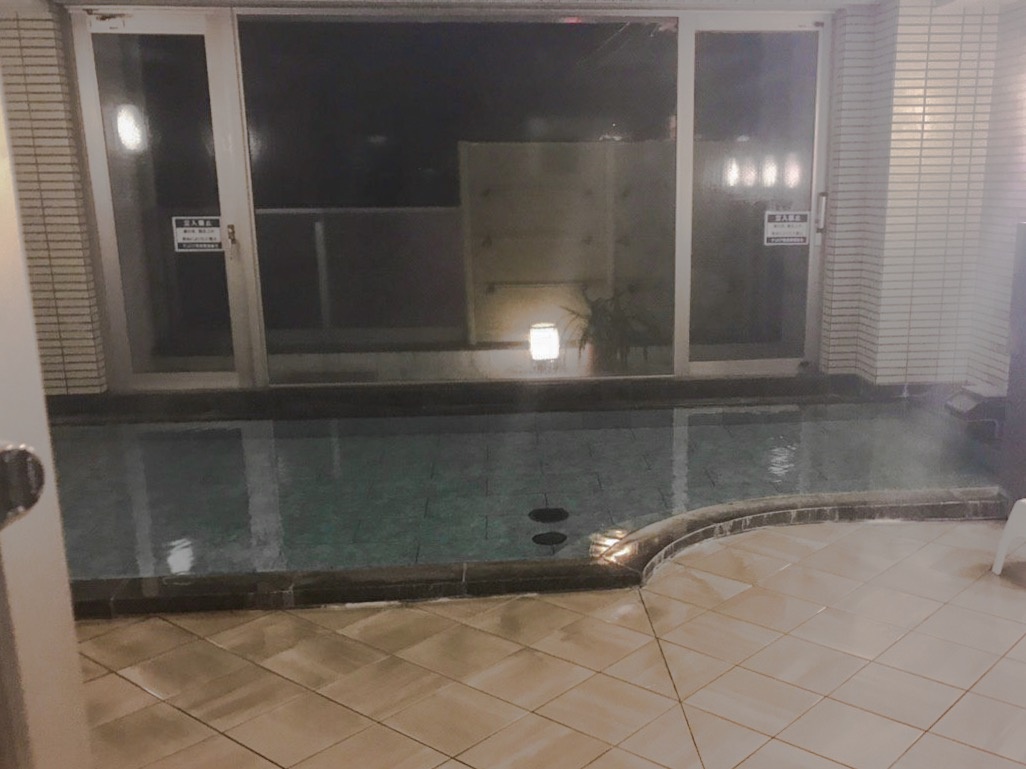We often lament the woes of being female in a male-dominated society — at work, we face unseen barriers in advancement and remuneration gaps; at home, we are bound by deep-seated cultural expectations of fulfilling the traditional role of caregivers. Yet, many women agree that it’s not all that bad being a woman. You might hear the word “female privilege” pop up in such discussions, with women sharing how they’ve been helped, presumably just because of their sex.
In a quest to find out more, I asked some of the women around me if they had ever received an act of kindness that they perceived as a sign of female privilege.
Read on for travel stories of three women who have experienced some form of “female privilege”!
Also read: The Realities of Being a Solo Female Traveler, as Told By Singaporean Women
1. I was offered many helping hands up Mount Rinjani
“I was in Lombok, Indonesia and feeling pumped for an exhilarating adventure up Mount Rinjani. On the way to the mountain, my boyfriend and I were riding a motorbike up the hill with our heavy backpacks.
However, we reached a point where the motorbike power was insufficiently strong to make headway upslope, and we fell off the motorbike. We met passersby who were kind and offered me a ride up, while my boyfriend rode our bike up, now with the reduced load. Along the hike, strangers and porters were also more amiable to me, offering to carry my backpack and lending me trekking poles, while less so to my boyfriend.
Having been on multiple hiking trips with my boyfriend, I must say that this has been a recurring trend. Now that I think of it, I wonder if I should’ve been offended. Did I seem that weak?! Not that I’m complaining, of course!”
– Jia-yee

2. I was allowed onboard with an overweight and oversized hand-carry
“I was flying from Moscow to Vietnam with an overweight and oversized hand-carry. As you probably have guessed, I was denied entrance to the plane by a stoic, austere Russian lady at the counter.
Banished to the corner of shame at the side of the counter, I attempted to keep calm, though probably appearing visibly distressed. Shortly after, a Vietnamese man, whom I believe to be a flight manager, walked over to me. After questioning me, he decided to let me off “just this time”, to my relief.
Had I been a burly-looking man, I wonder if I would’ve received the same treatment. I suppose in times like these, there are perks in looking like a helpless, pitiful, young girl. Is this what they call “female privilege”? ”
– Wen-yi

3. We were invited to the hot spring in a couple’s upscale apartment when the public ones were closed
“My girlfriend and I were in Atami on a day trip from Tokyo. At the end of the day, we were looking for a nice, steamy onsen to relax and unwind in. Unfortunately, due to our lack of planning, many were already closed by the time we decided to look for one.
Just as we were expressing our dejection and wallowing in self-pity, a couple overheard us and offered to bring us to the hot spring in their apartment. Despite being wary of stranger danger, and nagging thoughts of “what if they harvest your organs” (thanks, mum), we took up the offer as they seemed genuinely friendly.
In the end, we had a great time in the hot spring and were immensely grateful for the couple’s kindness.”
– Gloria

It does seem that people are more inclined to help female travellers in distress, possibly because they appear more harmless. While some might argue this is evidence for “female privilege”, others might argue that it merely arises from pity as women are viewed as the weaker gender, with such beliefs rooted in the patriarchy. Nonetheless, the discourse surrounding gender privileges is fraught with complications and is oftentimes, unproductive.
Perhaps what’s more important is our ability to recognise when privileges or kind acts are bestowed upon us. When we can all learn to accept these acts of kindness graciously and offer the same to others, regardless of gender (or any other social categories, for that matter), then maybe the world might become just a little better to live in.




